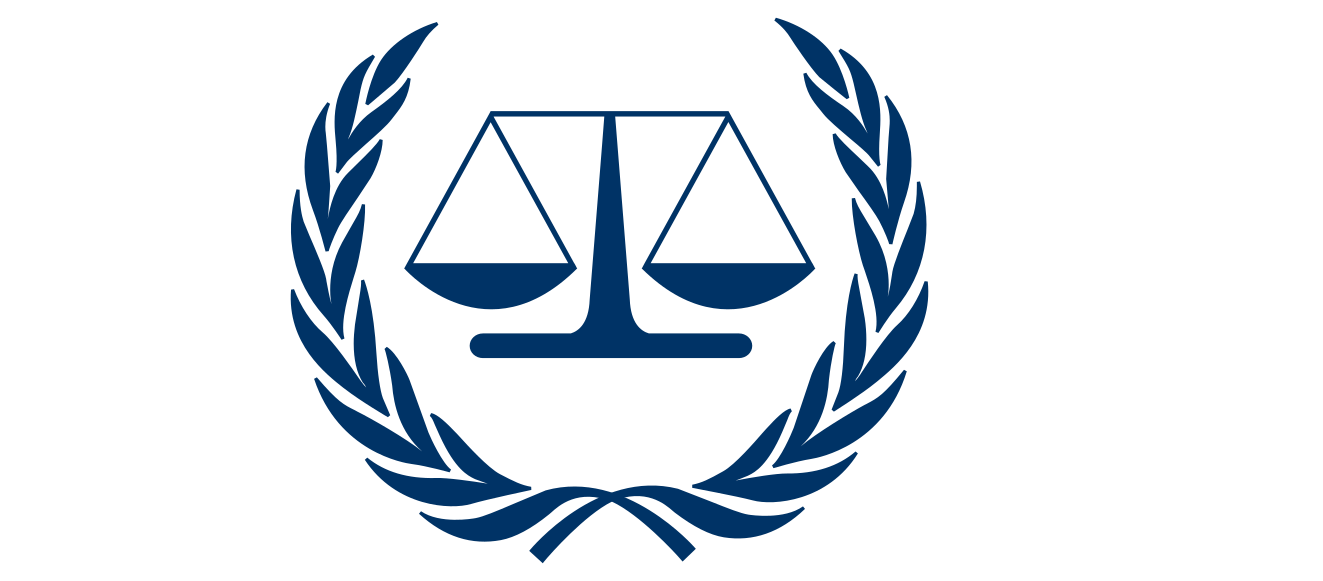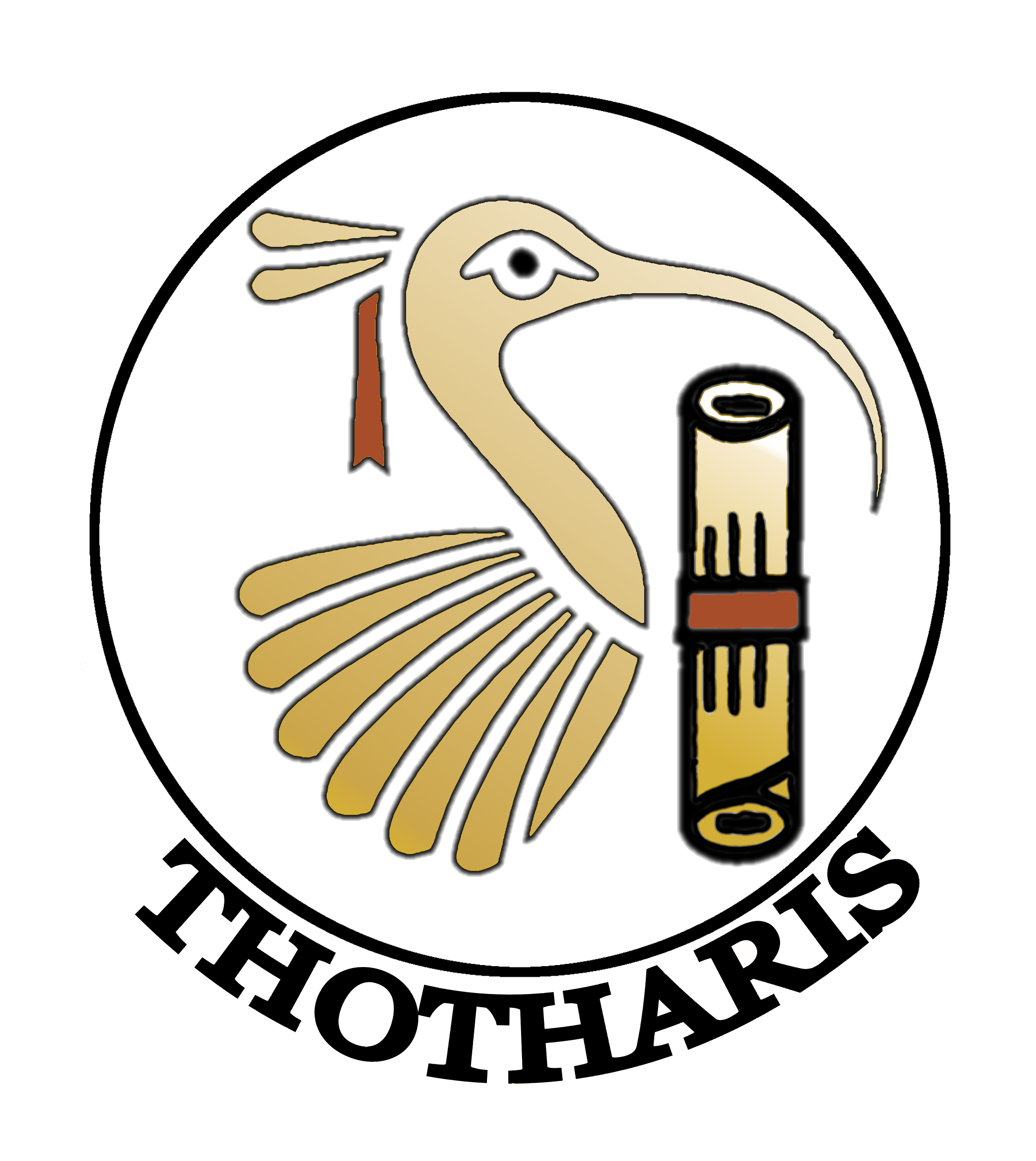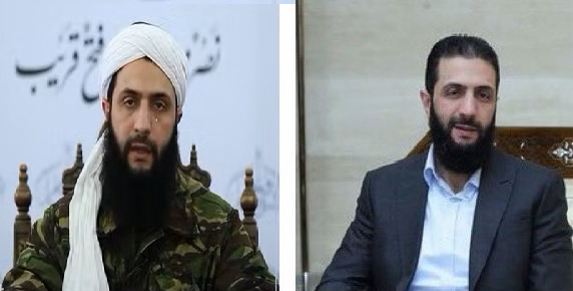Understanding the ICC Warrants for Netanyahu and Gallant

Share
As promised earlier this week, this is a more thorough exploration of the warrants issued by the International Criminal Court for Benjamin Netanyahu and Yoav Gallant. Here I look at the background of the Court, the basis for the warrants, the reactions in the international community, and the potential impacts moving forward.
What is the International Criminal Court?
The International Criminal Court (ICC) was established by the Rome Statute, an international agreement acceded to by 124 signatory states in 2002. It was established with the purpose of prosecuting the most serious crimes on the international level, including genocide, crimes against humanity, war crimes, and the crime of aggression.
It is an independent legal entity, headquartered in the Hague and may investigate alleged crimes either based on independently verified information or upon the request of a State Party to the Rome Statute.
The law that the Court applies stems from the articles contained in the Rome Statute, as well as the treaties relevant to international human rights law and international humanitarian law (applicable in armed conflict).
The ICC’s jurisdiction is natural persons rather than states, meaning that the individuals in question in their personal capacity are held responsible before the court, not their offices or governments. Its jurisdiction applies to persons regardless of their official capacities or national immunity, and applies to commanders or leaders for the violations committed by those under their command if they are provably aware of the violations and do not prevent them.
The Court has 18 judges, elected by the member states to the Statute, selected from among nominations presented to the Assembly of states and they hold office between 3 to 9 years. The judges are presided over by a president and a first and second vice president elected by an absolute majority of the judges.
The Office of the Prosecutor of the Court is a separate organ of the ICC, with the Prosecutor as its head. It is responsible for receiving and investigating information and referrals to the Court, who is elected by and absolute majority of the member states of the Statute. The Prosecutor is responsible for conducting investigations, and if he finds cause, he can present requests to the Pre-Trial Chamber for warrants for arrest of suspects of crimes under the Court’s jurisdiction.
Once warrants are issued, member states are obligated by the terms of the Statute to arrest the suspects on their territory, and bring them before a competent judicial authority, to ensure the applicability of the warrant and correctness of the arrest procedures, prior to delivery to the Court.
Trials of the accused are conducted before the Court, whereupon determination of guilt is decided upon through the procedures of the Court itself, and sentencing is announced. Penalties, if the suspect is found guilty, may include imprisonment up to life in prison and fines and forfeiture of property and proceeds. Terms are served either in a prison of one of the member states (determined by the Court) or in the host country of the Court.
The governing body of the ICC is the Assembly of states Parties, in which every member state has one representative. This body provides management and oversight on the activities of the administration of the Court, consider other decisions such as adding to the number of judges, and elect judges to the Court.
The Court has 124 Members, including all members of the EU, numerous African, Asian, and Latin American countries. The U.S. and Israel are not members, and in fact the U.S. signed the American Service Members Protection Act shortly after the establishment of the Court, a law that grants the President of the U.S. the authority to “use all means necessary and appropriate” to secure the release of any American detained by the Court. It goes on to add that “The United States Government has an obligation to protect the members of its Armed Forces, to the maximum extent possible, against criminal prosecutions carried out by the International Criminal Court.” In effect, the U.S. government does not only not recognize the Court’s jurisdiction, but is effectively poised to take actions against any attempt by the Court to exercise said jurisdiction on any of its personnel.
Russia withdrew its signature of the Statute in 2016, which it had signed but not ratified. This came in the wake of the court decision that Russia’s activity in Crimea constituted an occupation, laying the groundwork for further proceedings later on against Russian officials.
How is it different from the International Court of Justice (ICJ)?
The ICJ has jurisdiction over states not people, and therefore it assesses state responsibility for actions not individual responsibility. That means it can hold a state liable for violations of international law, international conventions and treaties, but cannot arrest individuals for crimes or violations.
For that reason, special international tribunals were established in various cases to determine and assess individual responsibility and sentence those accused of crimes on an induvial basis, the most notable of which were the International Criminal Tribunal for Yugoslavia and the International Criminal Tribunal for Rwanda.
The ICC was established in part to have a permanent international body to perform this role and address the growing need for enforcement of international law consistently rather than on an ad hoc basis through setting up tribunals every time the need arose.
Who Has the Court Pursued?
The court has issued 55 warrants of arrest, and has summoned others for appearance before the court. The vast majority of the suspects are African (including North African). Notably, in March 2023, the Court issued warrants for Vladimir Putin and other Russian officials for alleged war crimes in Ukraine. Notably, neither Ukraine nor Russia are parties to the Statute, but Ukraine exercised its right to accept the Court’s jurisdiction on act committed on its territory, in 2013/2014 and in 2022/2023. The Court received a referral from a group of States Parties to the Statute in March 2022 regarding the situation in Ukraine, and proceeded on that basis to request the warrants for the suspects.
In addition to Israeli, Palestinian, and Russian individuals, the Court has also issued warrants for the former president of Sudan Omar Al Bashir, the former president of Libya Muammar Gaddafi and his son, multiple ministers, officials, and individuals from Sudan, Democratic Republic of the Congo, Libya, Kenya, Uganda, Central Africa, and Rwanda, among others.
The Warrants for Netanyahu and Gallant
In May 2024, the chief prosecutor of the Court applied for warrants against Benjamin Netanyahu and Yoav Gallant, the prime minister and former minister of defense of Israel respectively. He requested the advice of an independent panel to ascertain jurisdiction and applicability of the relevant laws, which he received prior to applying for the warrants.
On 21 November 2024, the ICC panel of judges unanimously issued warrants of arrest for Netanyahu and Gallant, rejecting challenges by the State of Israel to the application for the warrants. It also issued warrants for Mohammed Diab Ibrahim (aka Deif) commander of Hamas’s Al Qassam Brigades, and had requested warrants for Yahia Sinwar, former chief of Hamas and Ismail Haniyeh former head of Hamas’s political bureau but they have since been killed.
The Court found that it had jurisdiction over the matter given that Palestine is a member of the ICC since 2014, and therefore has jurisdiction over any crimes committed in Palestine whether by Palestinians or any other nationality. In this instance, the Court found that the location and context of the alleged crimes -the war on Palestine- supersedes the fact that Israel is not a party to the Statute; the actions under investigation were committed on the territory of Palestine, against Palestinians, and in a context of war.
The warrants issued were in regards to crimes against humanity and war crimes committed from at least 8 October 2023 until at least 20 May 2024, which was the date of the original application for the warrants. The court found that both men bore responsibility for the “war crime of starvation as a method of warfare; and the crimes against humanity of murder, persecution, and other inhumane acts,” as well as “criminal responsibility as civilian superiors for the war crime of intentionally directing an attack against the civilian population.”
What Were Global Reactions to the Warrants?
Global reactions to the warrants varied greatly, and as with most warrants issues by the ICC, hinged on preexisting political positions regarding the individuals concerned rather than strict adherence to international law.
The states supporting the issuing of the warrants were largely those that opposed Israeli aggression in Palestine and Lebanon, and those that opposed were those that supported Israel in its war. Those supporting the warrants hailed them as a reflection of the independence of the Court, and the impartiality of international law, pointing out that for the first time, the ICC issued warrants against officials from a western backed country.
Those opposing the warrants however accused the court of being politically motivated, of pursuing an anti -Israel position, or even of adopting and anti semitic stance against Israeli officials, and questioning the jurisdiction of the Court over the conflict. Among the strongest opposers of the warrants was the U.S. , with President Biden calling the warrants ‘outrageous’, claiming that there is no basis for them and reaffirming U.S. support for Israel.
Others have walked the tightrope between supporting and opposing, indicating their respect for the independence of the Court, while questioning the feasibility of executing those warrants in the current political climate. The G7 Foreign Ministers’ meeting held in Italy for instance purposely did not make any mention of the warrants in its statement, indicating divided positions between its members on the situation.
What Were Global Reactions to previous warrants?
To drive home the extent of politicization of reactions to warrants issues by the Court, we need look no further than the reactions of states to warrants issued previously, most notably those issued for Vladimir Putin. The U.S. not only welcomed the decision to issue a warrant for Putin, but President Biden also instructed his government to share evidence about Russian war crimes in Ukraine to support the Court’s work.
On the other hand, one of the staunchest supporters of the warrants, South Africa, that was integral in launching the case against Israel in the ICJ this year, had previously refused to execute the warrant issued by the ICC against the former Sudanese president, arguing that the obligation to arrest sitting heads of state ran contrary to principles of diplomatic immunity.
These two examples are mirrored by other states in their positions on the decisions of the ICC, where political positioning takes precedence over matters of law.
What is the Potential Impact of this Decision?
Just as the warrants issued for Vladimir Putin are unlikely to be executed, the likelihood of these warrants being executed is minimal, if not entirely outside the scope of reality. Many countries, particularly those that supply weapons to Israel, would find themselves in a precarious political position if a trial were to take place and are therefore heavily invested in discrediting the court and ensuring that it does not occur.
The Court’s decision was not just a matter of legality but one of necessity for the Court legitimacy and survival. Already plagued by wide ranging accusations of being a tool wielded by the Global North, the ICC was at an inflection point for its legitimacy: failure to issue warrants would have likely sparked withdrawals from among its state parties, many of which had already threatened to withdraw due to allegations of bias against the Global South.
Furthermore, the current legal framework, including the Advisory Opinion issued by the ICJ regarding Israel’s actions in Palestine, and the various UN general assembly resolutions condemning the violations of international human rights and humanitarian law, provide significant legal context. That, in conjunction with the referral of the case by a member state (Palestine) and the precedent of issuing a warrant regarding the head of state of a nonmember country (Russia), set the stage for the issuing of the warrants for the Israeli officials. Had the court declined to do so, it would have all but shattered its credibility in any future endeavors.
Already, the Court and its staff have been met with threats of sanctions by U.S. officials preparing to take office in January, and have indicated that they have received further threats against the judges who issued the warrants.
The warrants themselves have an impact on the legal landscape of member states; while there is no expectation for example that Emanuel Macron would place the cuffs on Netanyahu were he to decide to visit France, lawsuits could be filed against the French government for failure to uphold the law; as Parties to the Rome Statute, member states have legal obligations that arise as a result of the incorporation of their international obligations into national law.
Furthermore, the decision lends legal weight to the positions of states that are supporting Palestine, and opposing Israel’s war and its violations of international human rights and humanitarian law. It has created rifts in political positions in Europe, and may spur further shifts in positions in the near to medium terms, providing those with an inclination to do so an important legal basis for their political decisions.
As the ICC navigates this contentious terrain, its actions not only test the resilience of its mandate but also challenge the international community to reflect on the balance between political alliances and the universal application of justice. What unfolds next will likely affect the future of international law and the role of institutions like the ICC in holding individuals accountable for the gravest of crimes. It will also compel the international community to confront a critical question: Can justice be upheld in the face of entrenched political alliances?

